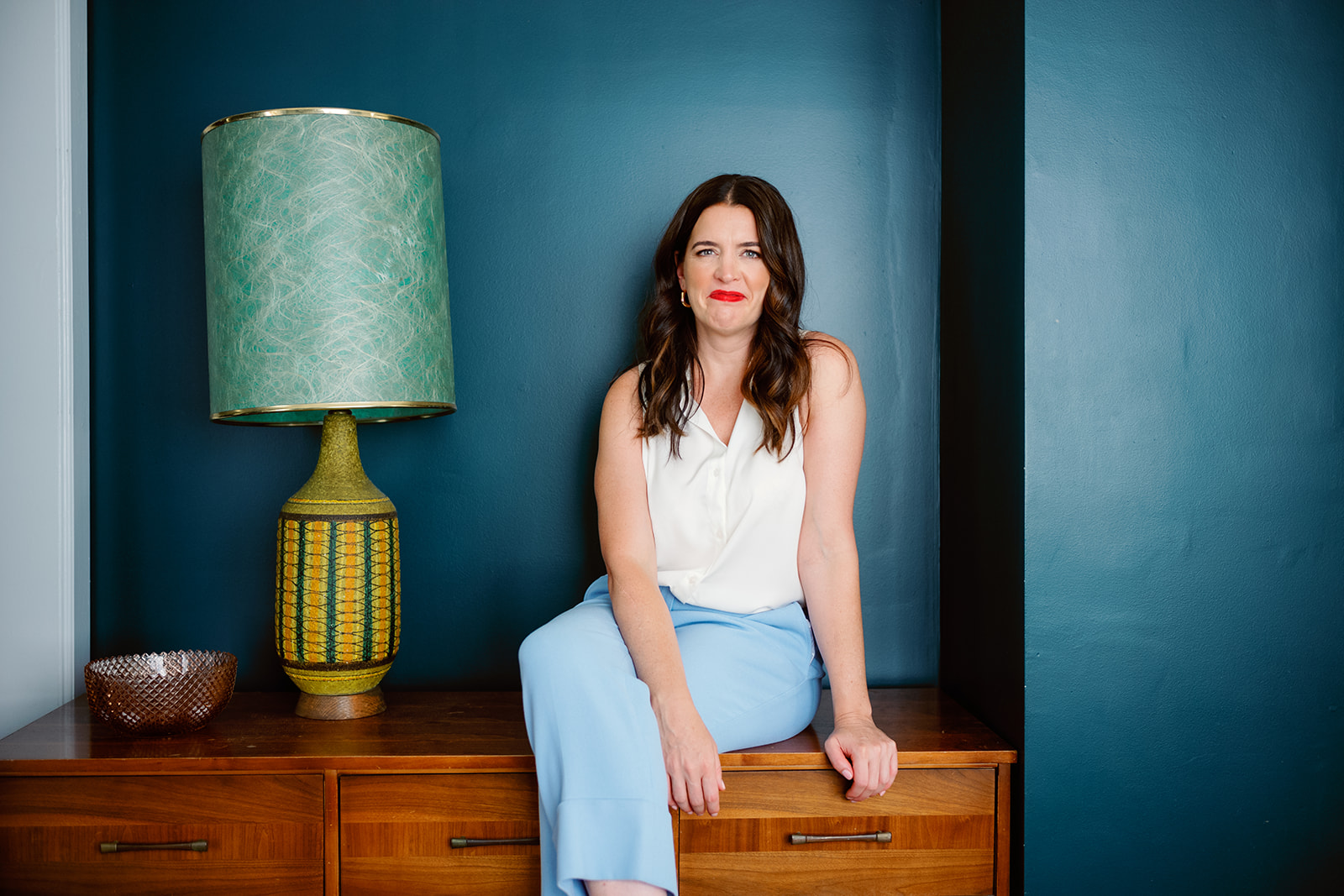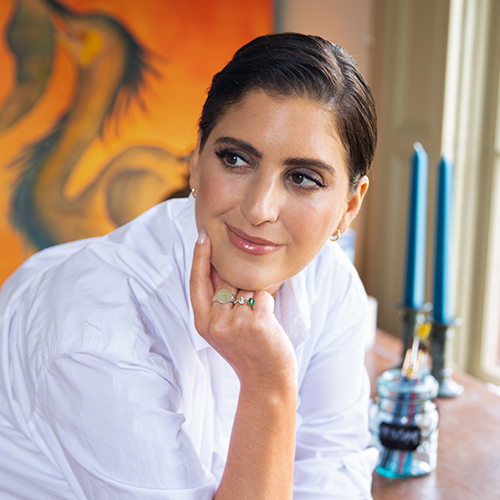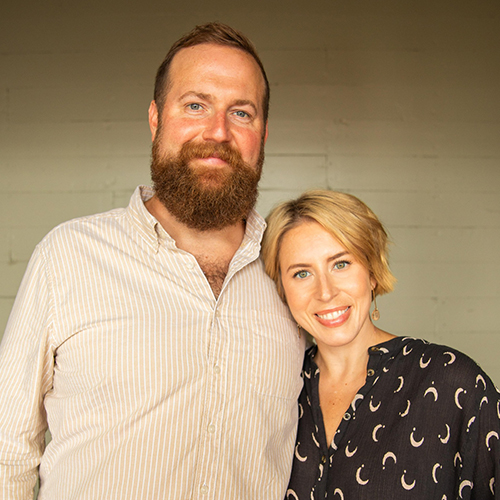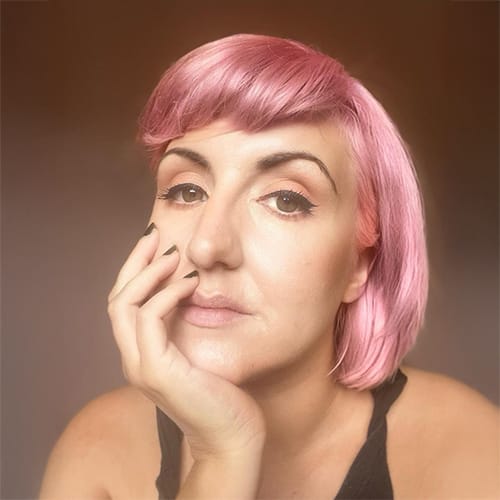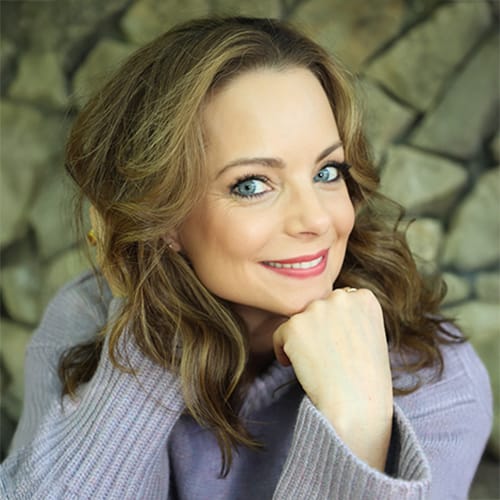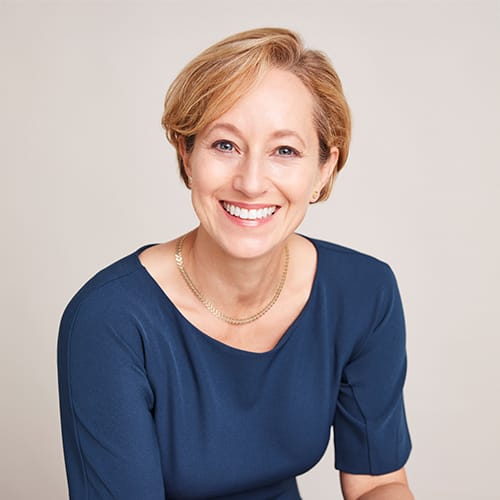
Are you living your best life now?
Not always? This is a podcast for you.
Duke Professor Kate Bowler is an expert in the stories we tell about success and failure, suffering and happiness. She had Stage IV cancer. Then she didn’t. And since then, all she wants to do is talk to funny and wise people about how to live with the knowledge that, well, everything happens.
LISTEN TO NEW EPISODES OF EVERYTHING HAPPENS EVERY TUESDAY.
AVAILABLE WHEREVER YOU GET YOUR PODCASTS.
19 MILLION+
downloads
5100+
5 STAR RATINGS

When Fixing Isn’t Loving
With Amanda Doyle
Some people become the ones others depend on. They organize the plans, remember the details, carry the weight. They know how to fix things—quietly, efficiently, lovingly. That kind of strength can shape a whole life. Until it begins to hollow something out. Amanda Doyle has spent much of her life being that person. In this conversation, she joins Kate to talk about what happens when helping becomes a way to stay in control, when strength hides tenderness, and when receiving love might be the bravest thing we do. She shares her experience of parenting a neurodivergent child, walking through a…

End of content
End of content


 Apple Podcasts
Apple Podcasts
 Spotify
Spotify
 YouTube
YouTube
 Amazon Music
Amazon Music
